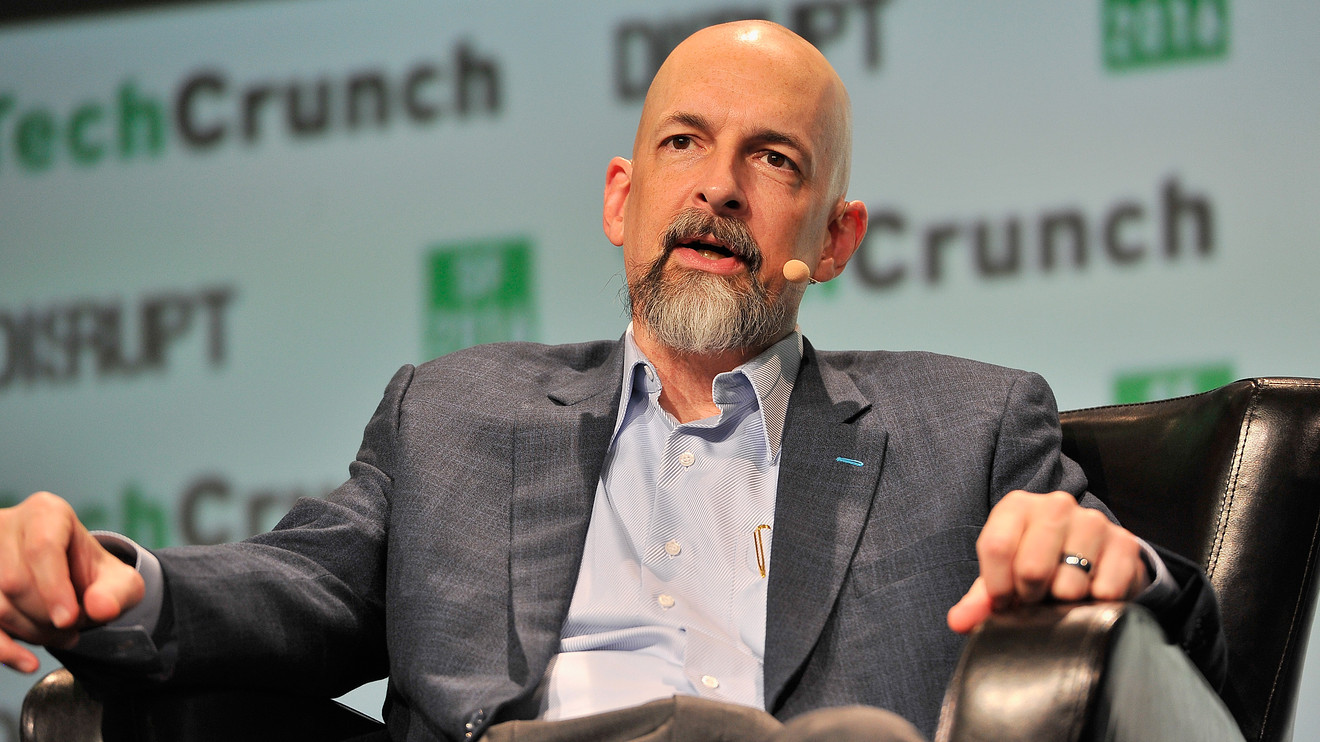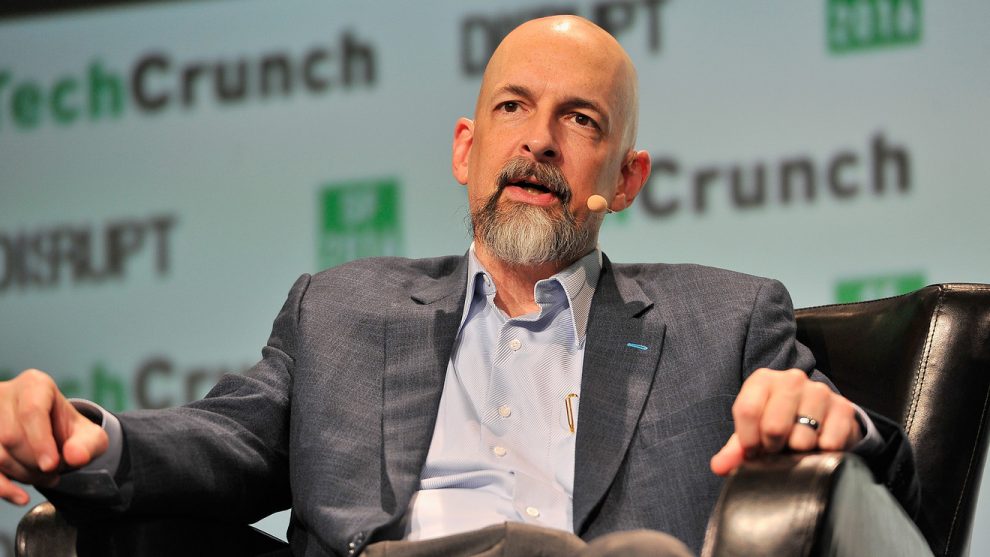
Best-selling speculative-fiction author Neal Stephenson hopes no one really thinks that he could be pseudonymous bitcoin inventor Satashi Nakamoto.
‘It’s flattering that anyone imagines I’ve got the mathematical know-how needed to make something like blockchain. But if you look at how the system works, it requires a very high degree of cryptographic knowledge and coding skill that is beyond my abilities, certainly. And I definitely do not have the lifestyle of a person who has that much money.’
The question came up in an episode posted Wednesday of the Conversations with Tyler podcast hosted by economist Tyler Cowen. It stems from a semi-serious article in Reason magazine last month that argued it wouldn’t be terribly outlandish to learn the author of erudite works of best-selling science fiction, including Snow Crash, Cryptonomicon, Seveneves and his most recent work, Fall (paywall), had also played a role in the invention of bitcoin BTCUSD, +5.39%
Over the past three decades, his novels have displayed an “obsessive, technically astute fascination with cryptography, digital currency, the social and technological infrastructure of a post-government world, and Asian culture,” observed Reason’s Peter Suderman.
It isn’t just Stephenson’s prescient fiction that would justify such speculation. After all, Stephenson has been “both disciple and muse to the most powerful men in tech,” including having served as an early employee of Amazon.com Inc. AMZN, -0.74% founder Jeff Bezos’s private space firm Blue Origin.
In the podcast, Stephenson said he had recently read the article and “realized that the guy who’s writing it is largely just goofing, but I hope nobody takes it seriously.”
Stephenson, however, did have some interesting things to say about cryptocurrencies, blockchain and digital ledger technology in general. Asked by Cowen whether cryptocurrencies had a “killer application” or were merely a novelty, Stephenson said that so far they seem largely like “a bit of a solution in search of a problem.”
Stephenson said he was more interested in the “nonmonetary applications” of distributed ledgers than in the cryptocurrencies themselves.
“When people want to talk to me about a new cryptocurrency, I tend not to be super-interested in continuing that conversation,” he said. “But when they want to talk to me about using distributed ledgers to enable some other kind of initiative, then frequently, it can get very interesting indeed.”












